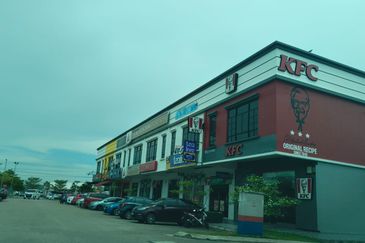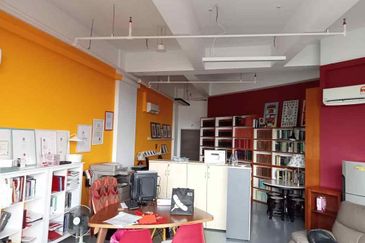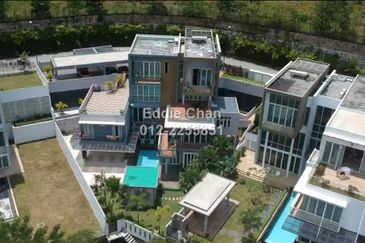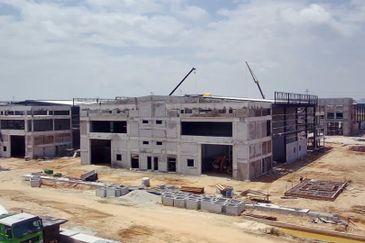KUALA LUMPUR: Jakarta has emerged as the property investment market of choice for next year, according to the Emerging Trends in Real Estate Asia Pacific 2013 forecast jointly published by the Urban Land Institute (ULI) and PricewaterhouseCoopers (PwC).
The Indonesian capital — leapfrogging from 11th place in 2012 — was described as a “surprising” choice due to its shortage of investment-grade properties as well as a lack of enterprise, scale and infrastructure in its growing economy compared with its more developed neighbours.
“However, Jakarta is seen by many real estate professionals as the most favourable emerging market in the region, with business transactions generally easier and more transparent than in other frontier markets such as Vietnam,” said ULI and PwC in a recent statement announcing the report.
The forecast also noted that Indonesia’s interest and inflation rates are stable while GDP is growing steadily at 6.5% annually, with foreign direct investment (FDI) increasing by 39% in 1H12.
“Demand for property is strong, resulting in year-to-year office rents leaping by 29% ... However, with commercial property yields hovering around the 10% mark, returns are not especially high for investments in this type of location. Though Indonesia may have promise, it will continue to be a risky play: caveat emptor,” the report said.
Emerging Trends in Real Estate Asia Pacific 2013 provides an outlook on Asia-Pacific real estate investment and development trends, real estate finance and capital markets, and trends by property sector and metropolitan area. It is based on the opinions of more than 400 internationally renowned real estate professionals, including investors, developers, property company representatives, lenders, brokers and consultants.
Shanghai comes in at second place, retaining its position from the past two years, propped up by continued interest from foreign investors attracted by the city’s “user-friendly business environment, growing volume of institutional grade properties and historic market performance”.
In third place is safe haven Singapore, which fell from first place, but nevertheless capitalised on its financial hub status to drive the “solid, but not spectacular” returns on its properties.
“The city’s office market has recently run out of steam with significant amounts of new Grade A office space, drawing tenants away from existing buildings, a problem which is compounded by a shrinking head count in the local financial sector,” the report said.
Sydney dropped to fourth place, from third last year. The city’s limited supply of new commercial buildings has kept transaction volumes down and driven prices up, the report said, citing Credit Suisse.
Office properties are particularly sought-after by foreign funds, which some analysts believe are responsible for 30% of transactions.
“Australia has absorbed more international real estate investment over the past year than any other country in the Asia-Pacific region,” it said. Sydney’s most attractive feature was its wide yield spread, deemed the “holy grail for institutional investors”.
 |
| Jakarta is seen by many real estate professionals as the most favourable emerging market in the region. |
“Factor in ongoing divestment by Australian institutional and international sellers, as well as difficulties local investors have had in borrowing at competitive rates from onshore banks, and it is easy to see why foreign funds have enjoyed a bonanza buying Australian assets,” it said.
Rounding out the top five is Kuala Lumpur, moving up from 17th spot thanks to its stable market with “good potential for opportunistic” returns.
“While property sales slowed noticeably in most Asian markets during 3Q12, Kuala Lumpur was the exception,” the report said.
It forecasts strong long-term prospects for commercial properties as the government’s Economic Transformation Programme has been successful in attracting foreign investment.
“Compared with cities such as Singapore and Hong Kong, Kuala Lumpur has relatively low penetration of global brands, so the sector can expect rapid ongoing growth as international retailers arrive in the market,” the report added.
This article first appeared in The Edge Financial Daily, on Dec 14, 2012.
TOP PICKS BY EDGEPROP

The Astaka @ 1 Bukit Senyum
Johor Bahru, Johor

Bandar Tun Hussein Onn
Batu 9th Cheras, Selangor

Pandan Villa Condominium
Pandan Indah, Selangor

Bandar Damai Perdana
Bandar Damai Perdana, Selangor

Eco Business Park @ Kota Masai
Pasir Gudang, Johor




















